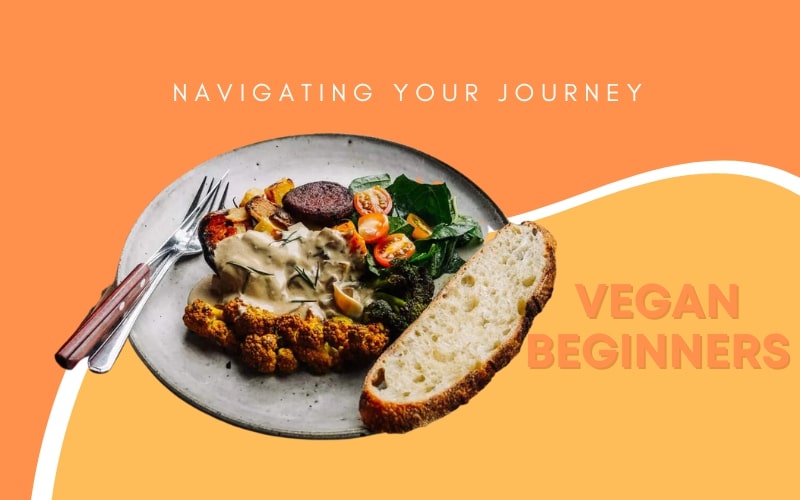When you’re just starting a vegan diet, there can be a lot of challenges to face. There are so many resources and so many different ways how to approach this transition! You might feel lost in the huge information sea of the Internet.
I was there too. When I went vegan a few years ago, I had no idea where to begin…
What am I supposed to eat to be healthy and consume enough calories? How will my body react? What kind of foods should I focus on eating?
After some trial and error, I finally figured out the main things that a vegan newbie should know about. I wish I knew these things earlier when I was just switching to a vegan diet. Hope that these nuggets from my experience will save you some time and struggles.
So here are my 9 essential tips for vegan beginners.
1. Prepare Yourself
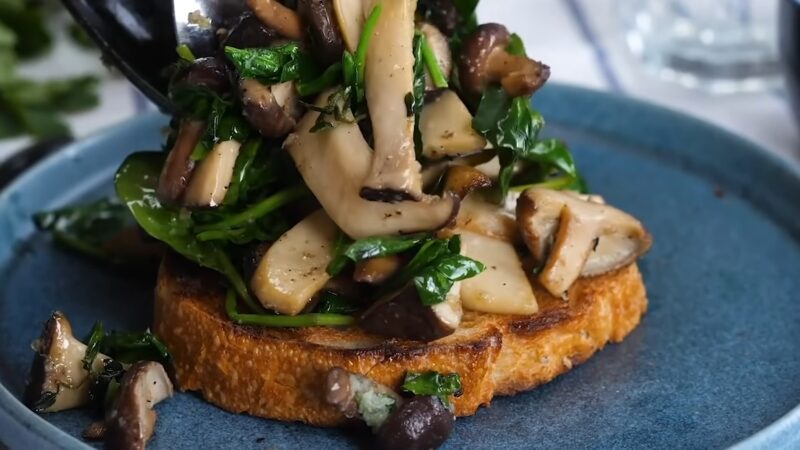
When you’ve decided to go plant-based, do a little research and prepare yourself. What kind of foods should you focus on eating? After all, the vegan food pyramid is different from the conventional one that you were thought in school.
I love this vegan food plate concept. It’ll give you a clear sense of how you should balance your meals to keep your body healthy and happy.
Also, do a little research in your local stores and restaurants. See what kind of food variation it offers and maybe you can even find some specialized vegan foods and options! If you feel confused about what to buy to fill your vegan pantry, print this healthy vegan grocery list!
Of course, learning never stops. After stepping on a plant-based path, slowly expand your knowledge. Whether it’s discovering new cooking techniques or learning about cruelty-free cosmetic brands – keep on educating yourself! Here’s a great roundup of the best vegan apps that can also help you when starting and make your life easier.
You’ve stepped into a new and exciting journey with lots of discoveries ahead.
2. Start With The Pace That’s Best For You
Some people like to jump right into the plant-based diet – they go vegan overnight and never look back. I did exactly that. It was November 18 a couple of years ago when I completely cut out all animal products from my diet.
However, for some people, a gradual transition can be a lot easier. You can start by eliminating red meat in the first week, then remove poultry, then fish, eggs, and so on.
You can also start it as a 30-day challenge like I did. If you decide to go vegan and never look back, it can seem overwhelming. If you give yourself 30 days to try – you’ll feel much more confident in actually achieving this challenge.
My 30-day challenge grew into a 6-year-long journey. So start with the pace that’s best for you!
3. Keep Your Meals Simple But Diverse
When going vegan, people often overcomplicate things. They directly jump into the world of fancy (and expensive!) vegan meat, cheese, and milk alternatives. They try to make complicated vegan recipes and beat up themselves when they fail.
Of course, it’s fun to be creative and if you feel like doing it – go for it! But you don’t have to focus on cooking complicated and time-consuming vegan foods when you’re just starting a plant-based diet. Instead, keep your meals simple.
Focus on eating whole foods – plenty of vegetables, grains, legumes, starches, fruits, nuts, and seeds. Also, it’s important to eat different foods to give your body a full range of vitamins, minerals, and antioxidants.
If you don’t have a place to get healthy vegan food at your workplace, do a meal prep the evening before going to work. It can save you some money and an empty stomach!
4. Learn About Vegan Food Substitutes
When transitioning to a vegan diet, you might think that you’ll never be able to enjoy the taste of cheese or eggs. If we’ve grown up with these flavors, it’s only natural that we crave them. You might also feel confused about how you’ll be able to bake your favorite desserts without using dairy or eggs.
Fortunately, there are many excellent (and cheap) vegan food substitutes that you can use to replace necessary ingredients or get the flavors you want in your vegan foods. And, yes, even vegans can make their cheese that tastes like cheese (check out this vegan Parmesan recipe or this vegan cream cheese)!
I’ve put together a special guide covering 12 of the essential vegan food substitutes you should know to never miss the old tastes again. Click below to download it:
5. Embrace The Changes In Your Body (And Don’t Panic!)

As we’re all very different, each of our bodies will react differently when switching to a vegan diet. Usually, during the first two weeks after going plant-based, your body will go into detox mode.
You might experience headaches and changes in your energy levels. This is normal and will pass so don’t panic! Your body has excellent adaption skills but give it some time. If you’ve been a heavy meat-eater for most of your life, your body almost surely will go through a detox period.
Don’t worry about it too much. Usually, the symptoms disappear after a month or so when your body has adjusted to the new lifestyle. But, of course, if anything comes up that you’re worried about, please talk to a specialist!
6. Load On Healthy Snacks
As plant foods tend to be lower in calories than animal products, make sure that you’re fueling your body often. Don’t starve yourself! It’ll take some time until you get used to the new diet, meal sizes, and frequencies.
Prepare some healthy snacks like fruits (also dried fruits) or nuts and keep them handy. They’ll keep your cravings down. And don’t forget to take some with you when leaving the house!
If you want to get creative with your snacks, you can prepare these vegan peanut butter cookies, dark chocolate almond dates, or salted chocolate cashew butter cups to ease your hunger in a healthy and delicious way!
7. Learn To Read The Food Labels
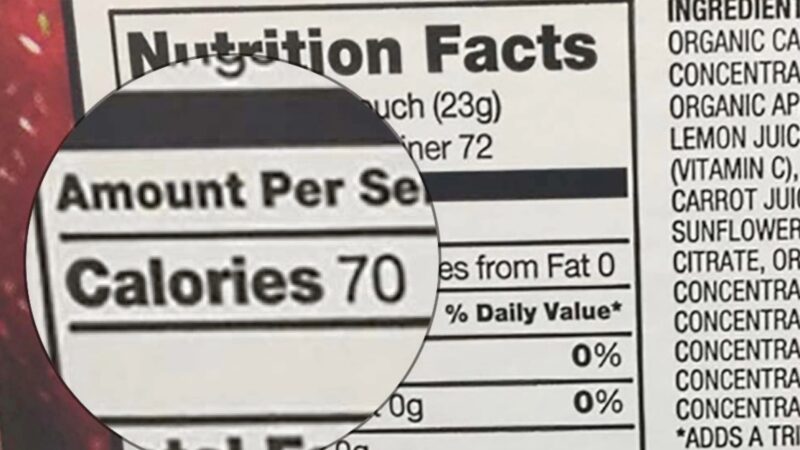
Trust me, at the beginning of your vegan journey, you’ll be reading food labels a lot. Some companies do a great job of adding a little title “Suitable for vegans” or a special vegan logo on their product packages. This easily allows you to indicate that the product is vegan.
However, most of the food labels don’t contain any specific markings so you have to read the ingredient list. You’ll be surprised to find animal products in foods like potato chips, beer (some brands use a fish bladder in their beer – not joking), and even in some orange juice brands!
Some animal ingredients are harder to detect than others. Be aware of non-vegan ingredients like gelatine, albumen (aka egg white), casein, lactose, whey powder, and many more. For quick help, download the app Is It Vegan? which scans the ingredient list and tells you whether the product is vegan or not. For cosmetics, check out the Bunny Free app to find brands that don’t test on animals.
8. Stay Compassionate With Yourself
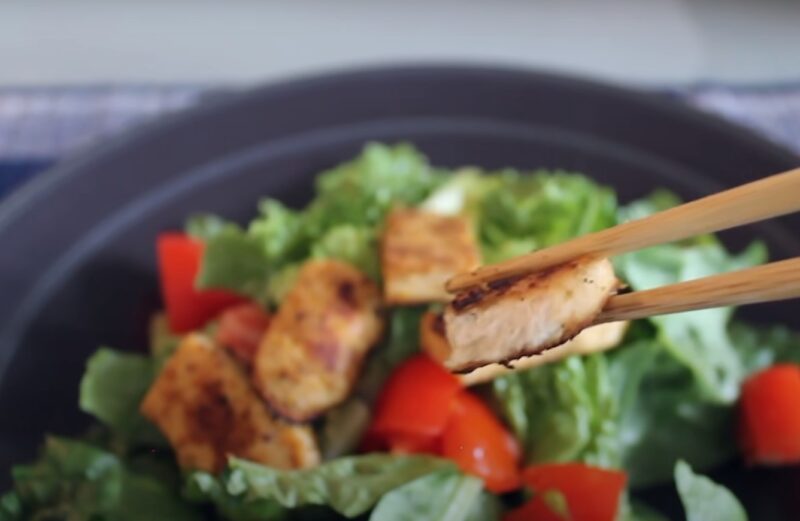
Don’t strive for perfection. You will make mistakes. It’s inevitable. Maybe you’ll buy a food that has an animal ingredient in it. Or maybe in a restaurant, you’ll be served bread with butter on top of it (without you knowing it).
When I lived in Thailand, after a month of drinking soy milk I discovered that there’s an actual cow’s milk on the ingredient list. When I read the label “Soy Milk”, I was 100% sure that I have nothing to worry about and even didn’t bother checking the ingredient list. A silly mistake.
Fully accept all these mistakes and move on. Don’t give up. Don’t let these mistakes interfere with your values. Gena from The Full Helping has a wonderful article on why going vegan isn’t a pledge of perfection and why you should practice self-compassion. I found it very helpful and highly recommend reading it to all new vegans.
9. Join A Community Of Like-Minded People
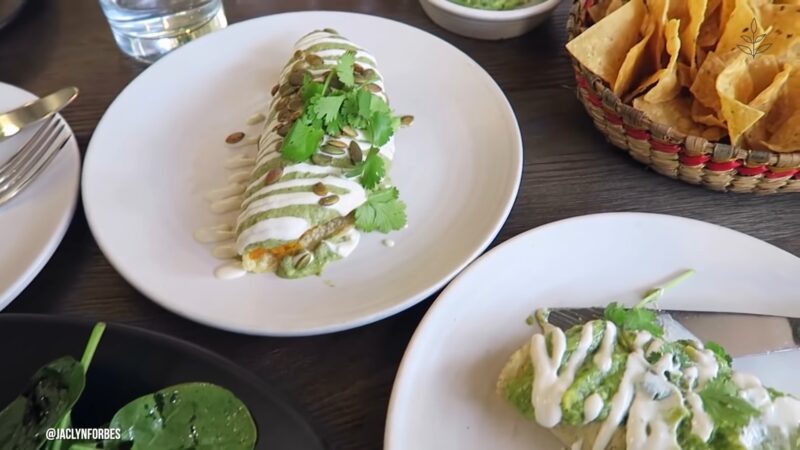
If you don’t have any friends who follow a vegetarian or vegan diet, transitioning to a plant-based lifestyle can feel a bit isolating. We all want to share our journey with others – ask questions, be open about our struggles, find some inspiration and seek support when necessary.
That’s why joining a community, both offline and online, can be very beneficial. I’m following a lot of vegans all around the world on Instagram. I love seeing delicious vegan meals on my feed every day – that keeps my inspiration and motivation going. I’ve also joined many Facebook groups that offer support.
Final Thoughts
Remember that when you’re ready to jump on a vegan path, there are many things you can do to make this journey an easy transition.
Prepare yourself – search the web or read books and check out what foods you should focus on eating when switching to a vegan diet. Pick the pace that’s best for you. If you like the all-or-nothing concept, go vegan overnight. Or if you want to take it slower, make a gradual transition by eliminating more and more animal products each week.
It’s not a good idea to overcomplicate your meals. Especially when you’re just starting! So keep your meals simple but diverse. It’s also helpful to learn the essential vegan food substitutes so you can easily replace any animal products in the recipes with vegan alternatives.
You’ve taken a whole new journey so stay compassionate with yourself. When you make a mistake, accept it and move on. Find a plant-based community that can support you on the way. When you’re together with like-minded people, you feel protected, you can fully be yourself and it’s so much more fun.

